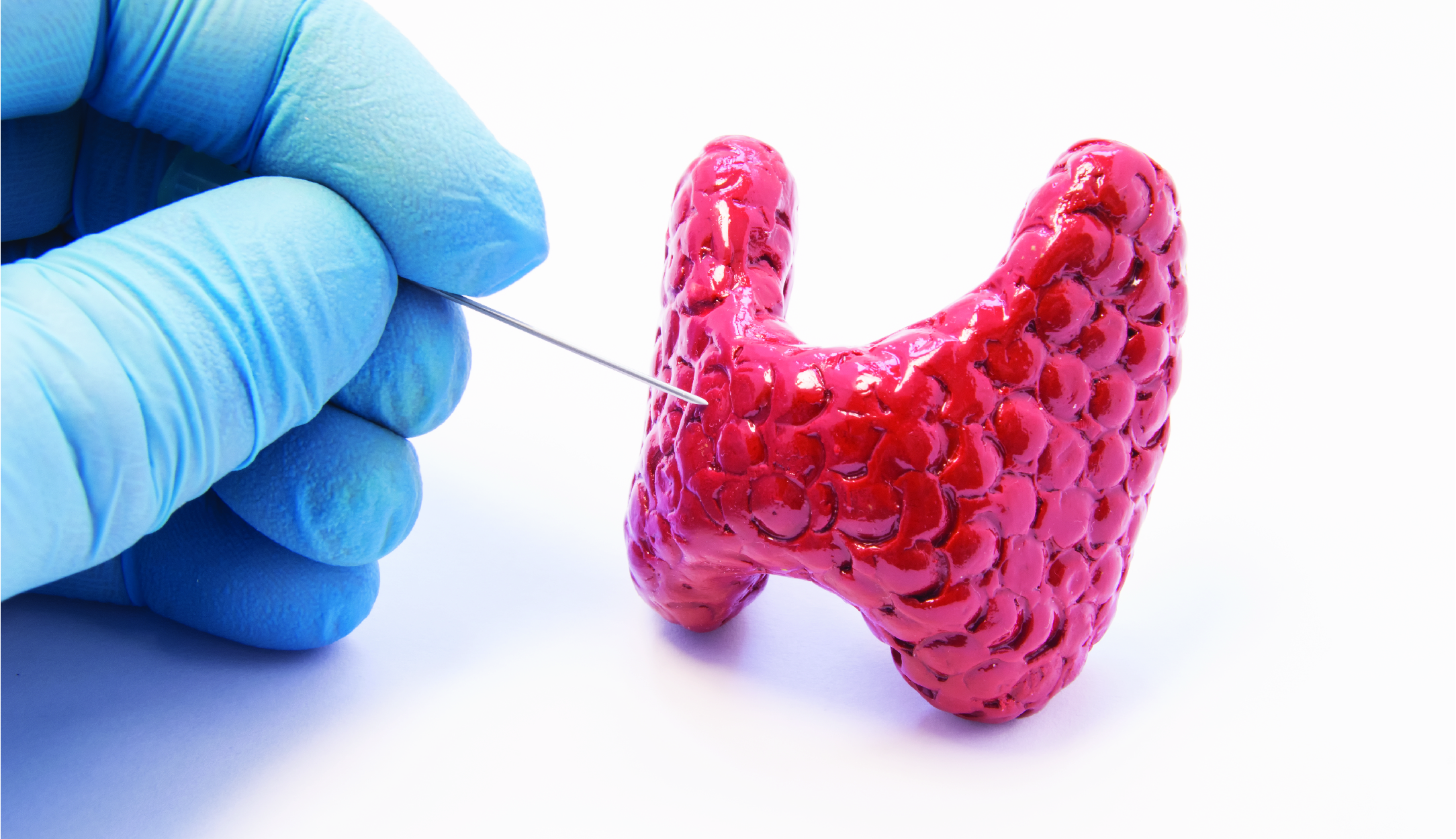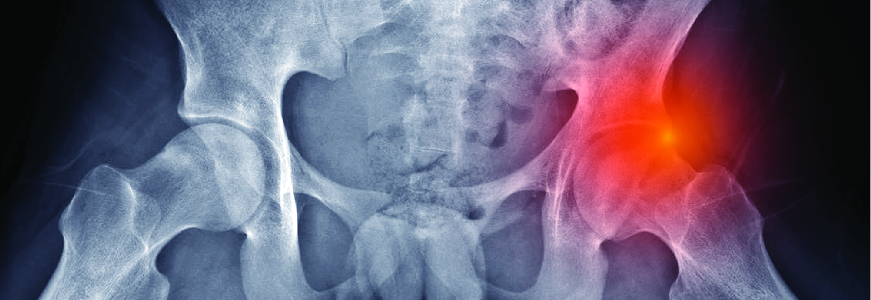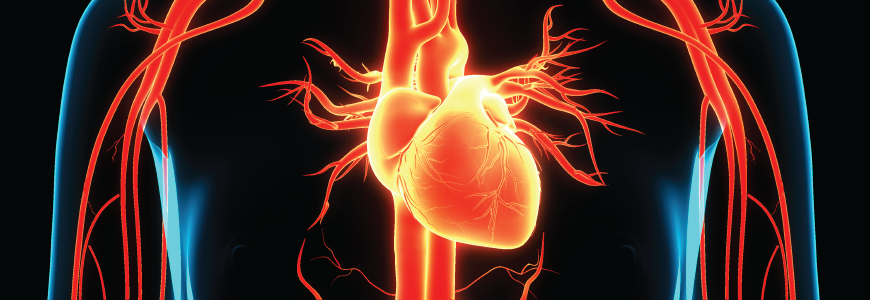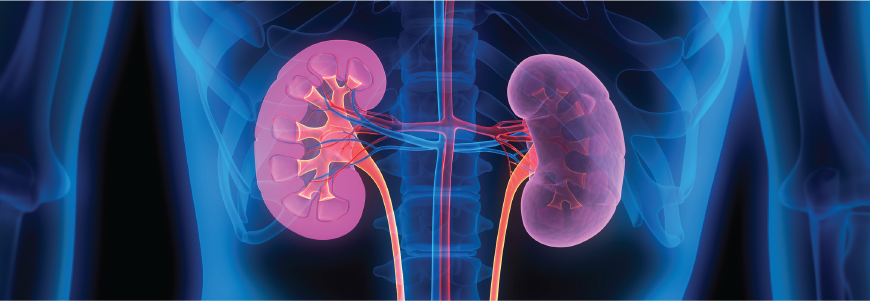Tim Pittman
Articles by Tim Pittman

Interdisciplinary
Duke Health’s fast-growing cardio-oncology program continues its expansion with the goal of becoming one of the largest academic medical practices of its kind in the Carolinas.
A collaborative specialty that evolved as a response to cardiovascular complications from conventional and emerging cancer treatments, cardio-oncology has expanded across many presentations, including hematologic malignancies as well as breast, genitourinary, and gastrointestinal solid tumors. Individuals undergoing stem cell replacement who seek cardio-oncology assessment of cardiovascular health before transplant represent an increasing number of patients.
Cardio-oncologists encourage referrals before a patient begins cancer treatment so they can recommend proactive therapies to avoid heart-related complications that may interrupt life-saving cancer therapy. Specialists review preexisting cardiovascular risk factors such as diabetes, hypertension, and arrythmias to determine if cancer treatments will exacerbate existing conditions or introduce new complications such as heart failure, thromboembolism, pericarditis, or ischemic heart disease.
A collaborative specialty that evolved as a response to cardiovascular complications from conventional and emerging cancer treatments, cardio-oncology has expanded across many presentations, including hematologic malignancies as well as breast, genitourinary, and gastrointestinal solid tumors. Individuals undergoing stem cell replacement who seek cardio-oncology assessment of cardiovascular health before transplant represent an increasing number of patients.
Cardio-oncologists encourage referrals before a patient begins cancer treatment so they can recommend proactive therapies to avoid heart-related complications that may interrupt life-saving cancer therapy. Specialists review preexisting cardiovascular risk factors such as diabetes, hypertension, and arrythmias to determine if cancer treatments will exacerbate existing conditions or introduce new complications such as heart failure, thromboembolism, pericarditis, or ischemic heart disease.
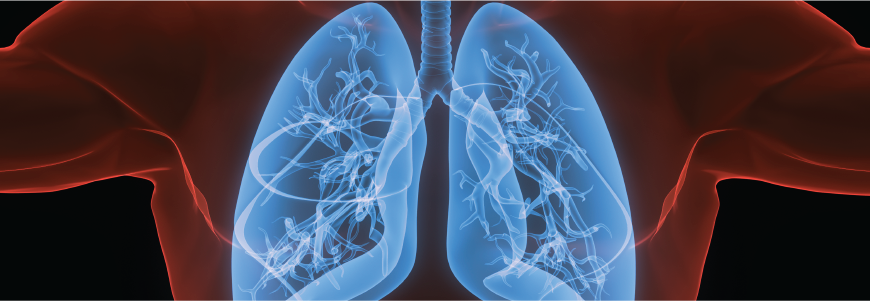
Transplant
A $21 million, seven-year grant from the National Institute of Allergy and Infectious Disease (NIAID) will support the search for more durable treatments for lung transplant patients, says Scott M. Palmer, MD, MHS, the transplant pulmonologist and researcher who directed the application. The scale of the award and its duration offer researchers a rare opportunity to help prevent lung transplant patients from experiencing chronic lung allograft dysfunction (CLAD).
The grant will support an interventional, multicenter clinical trial of a novel immunosuppressive strategy that will allow researchers to build on experiences in a previous Clinical Trials in Organ Transplant (CTOT ) initiative that created the Lung Transplant Clinical Trials Network (LT-CTN), a five-center consortium including Duke, UCLA, Johns Hopkins, University of Toronto, and Cleveland Clinic.
The new CTOT program will incorporate additional sites: University of Pennsylvania, Washington University in St. Louis Children’s Hospital, and Cincinnati Children’s Hospital. The clinical trial will be conducted in both adult and pediatric lung transplant recipients.
The grant will support an interventional, multicenter clinical trial of a novel immunosuppressive strategy that will allow researchers to build on experiences in a previous Clinical Trials in Organ Transplant (CTOT ) initiative that created the Lung Transplant Clinical Trials Network (LT-CTN), a five-center consortium including Duke, UCLA, Johns Hopkins, University of Toronto, and Cleveland Clinic.
The new CTOT program will incorporate additional sites: University of Pennsylvania, Washington University in St. Louis Children’s Hospital, and Cincinnati Children’s Hospital. The clinical trial will be conducted in both adult and pediatric lung transplant recipients.

Transplant
An effort to increase access to organ transplant for historically marginalized populations has been launched by a team of Duke surgeons and specialists led by Lisa McElroy, MD, MS, an abdominal surgeon and researcher.
An essential component of equitable access to transplant is a uniform, transparent process of assessing patients for addition to the waitlist, McElroy says. The evaluation process varies among clinicians and centers, she adds, emphasizing the need for better data architecture and risk assessment tools.
“Several different clinicians assess specific aspects of candidacy when evaluating patients,” McElroy says. “Then we come together as a selection committee to make a final decision about who gets added to the waitlist. Patients’ individual challenges and the complexity of the process have led to lower rates of waitlist additions for marginalized populations such as women, racial and ethnic minorities, and patients with low income or education levels,” she explains.
An essential component of equitable access to transplant is a uniform, transparent process of assessing patients for addition to the waitlist, McElroy says. The evaluation process varies among clinicians and centers, she adds, emphasizing the need for better data architecture and risk assessment tools.
“Several different clinicians assess specific aspects of candidacy when evaluating patients,” McElroy says. “Then we come together as a selection committee to make a final decision about who gets added to the waitlist. Patients’ individual challenges and the complexity of the process have led to lower rates of waitlist additions for marginalized populations such as women, racial and ethnic minorities, and patients with low income or education levels,” she explains.

Cardiology & Heart Surgery
Emergency department (ED) clinicians who evaluate patients with nonspecific chest pain should consider the possibility that previous delays in care adversely affected the presentations. This is particularly true among patients with both high deductible health plans (HDHP) and lower socioeconomic status.


